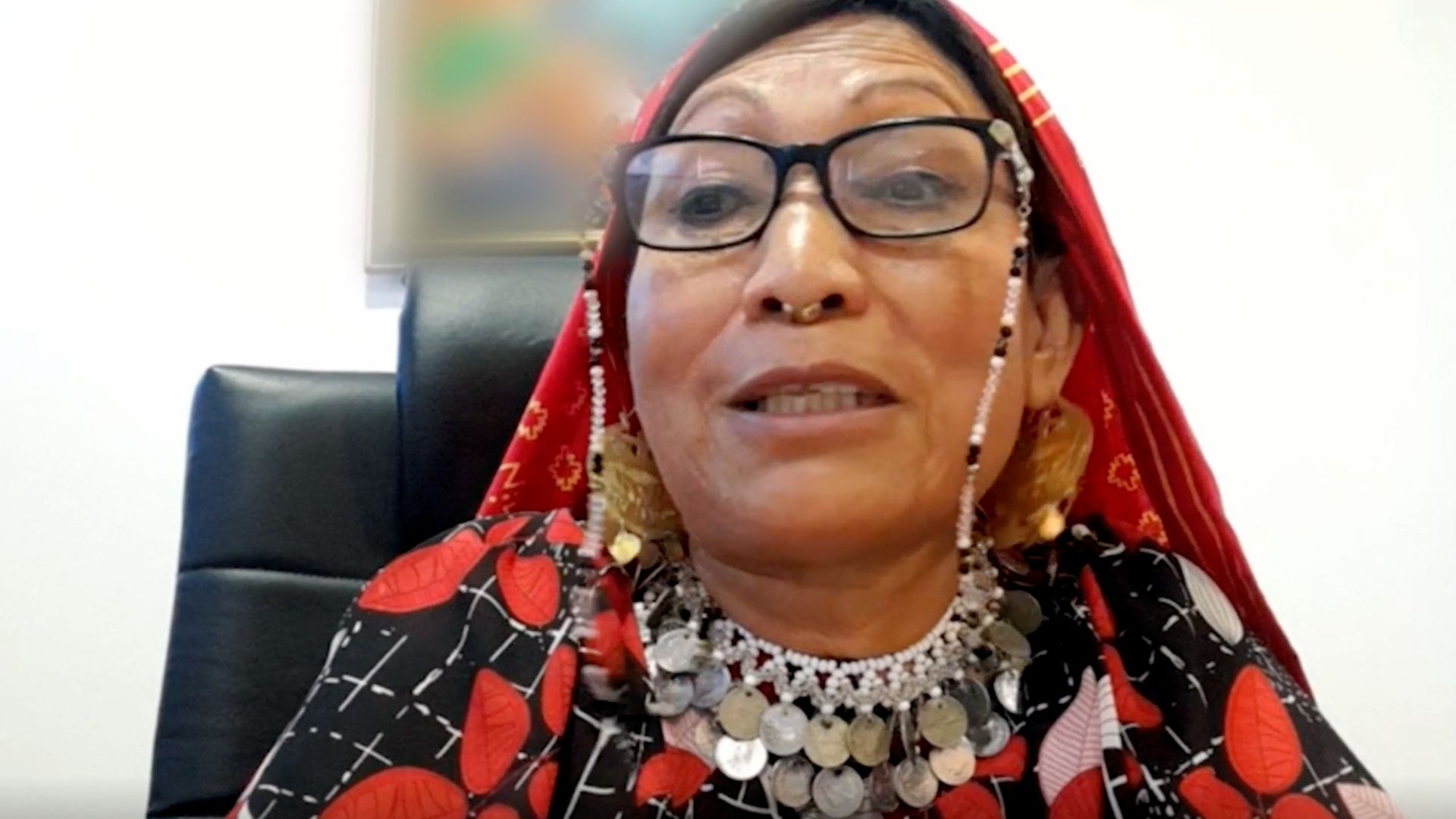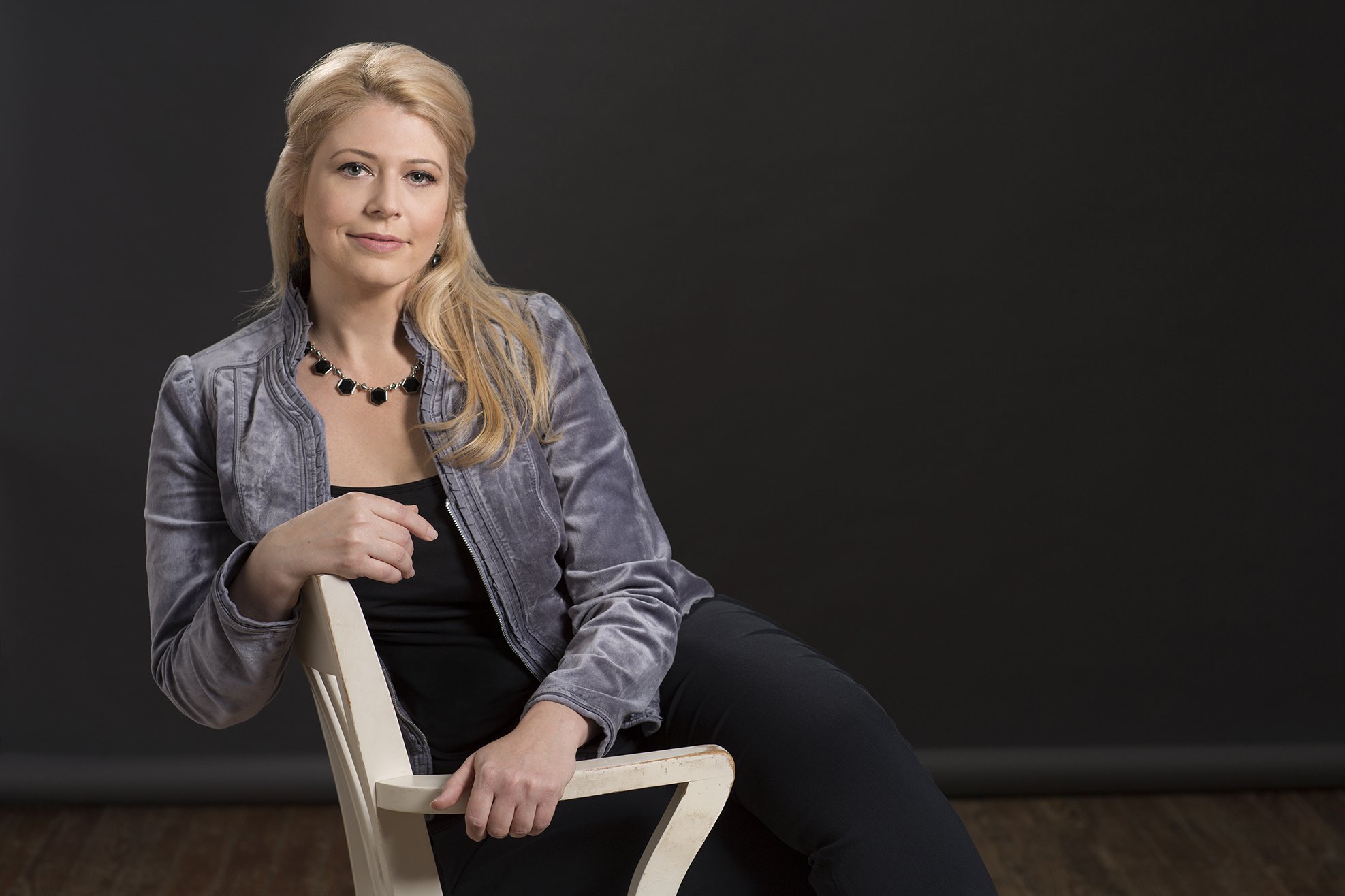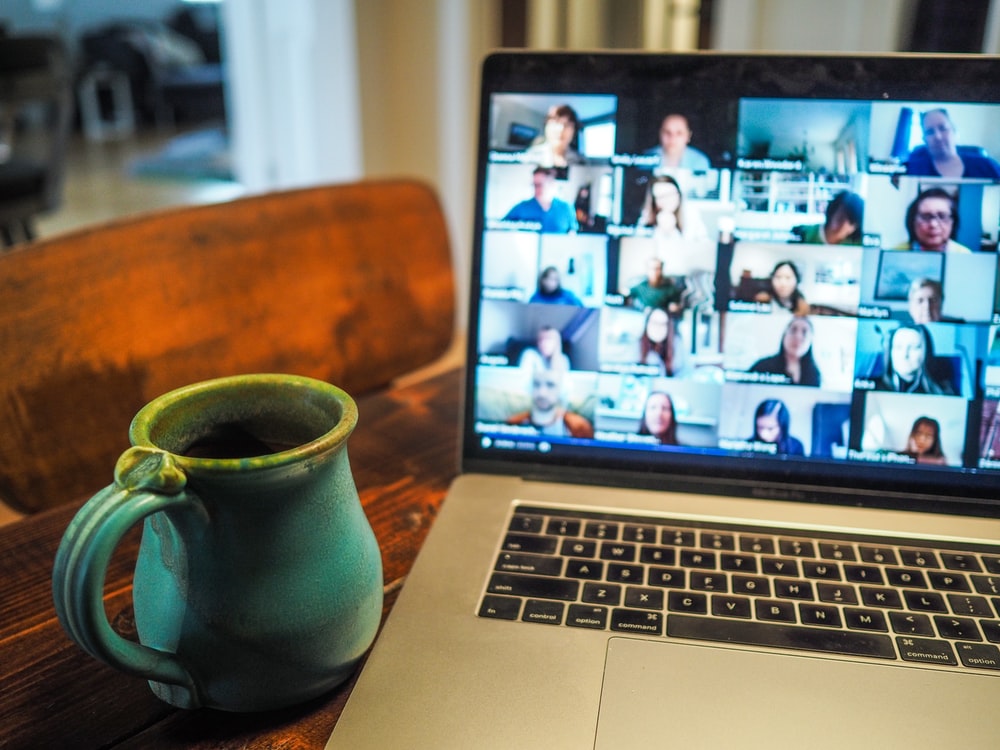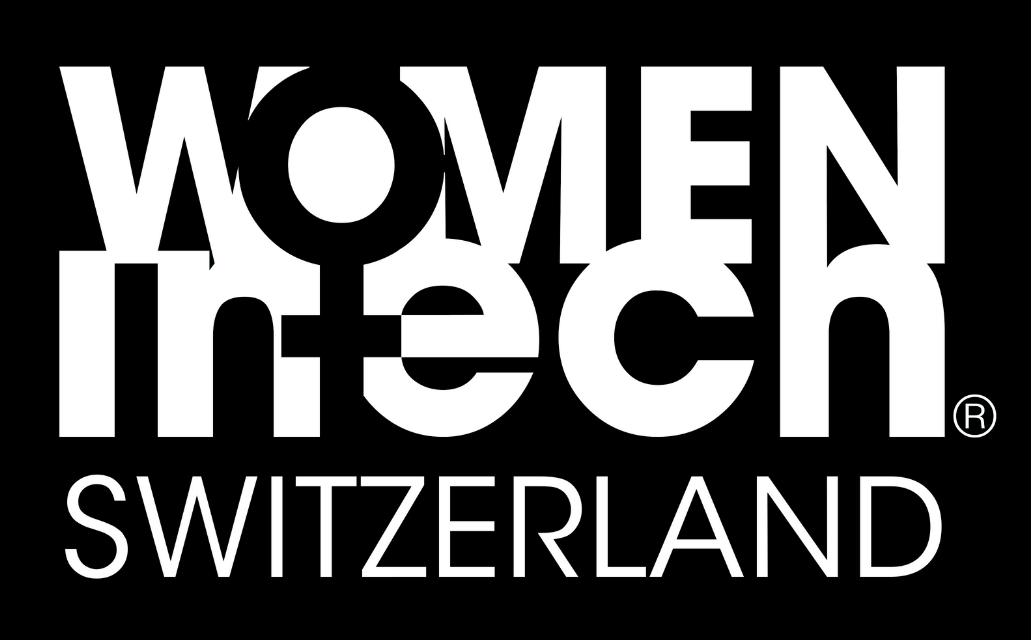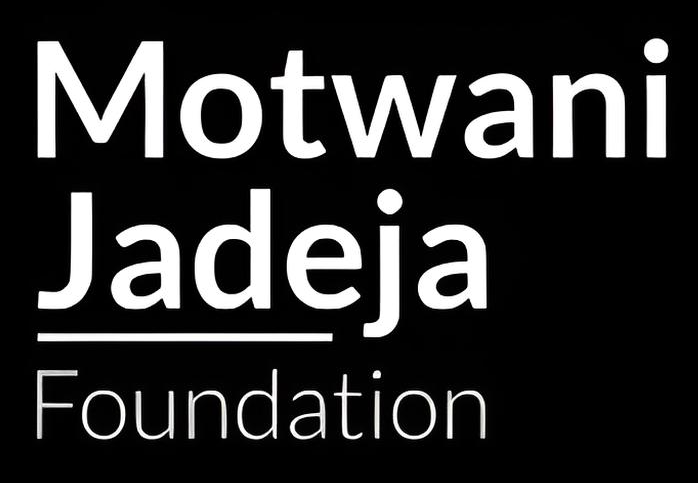World Woman Hour, together with Organon, honors Petita Ayarza as a multicultural leader of change in the nation of Panama. In addition to being among the growing number of female representatives in the country’s National Assembly, she is a woman of fully indigenous Guna heritage, and the first such woman elected to the Assembly from her home region—where she’s also a businessperson and very active in local public affairs.
The Guna people have a long history of maintaining their own language and culture, while at the same time interacting with mainstream societies through trade and (more recently) tourism. Many live in a region along the Atlantic coast of Panama called Guna Yala. This coastline, together with the numerous small, offshore islands where most towns are located, is Petita’s homeland. And years ago it was the site of the Guna Rebellion of 1925. When the national government tried to force the people to assimilate to “Western” culture, as Petita calls it, a brief but successful revolt allowed the Guna to govern their territory with a high degree of autonomy and to keep their traditional customs.
Ironically, one thing the assimilation campaign had tried to do was getting Guna women to adopt Western styles of dress, while doing away with their traditional mola garb. Mola is a form of applique in which fantastically colorful shapes of birds, mythic creatures, and abstract designs are sewn into blouses and other garments. Today, mola is considered an artistic treasure—made and worn proudly by the Guna women, sold to eager tourists, and even displayed in art galleries.
Petita, a mola artist herself, has spent much of her life since childhood shuttling between Guna Yala and Panama City, the nation’s capital. This means that her life has bridged two cultures, and it has been a complex, challenging journey. Her parents had very little formal education but arranged for Petita to study at private schools in the capital. However, Petita was married young: at 13, as Guna women often are. She then proceeded to bear and raise five children while combining hard work with support from her family to go on to college. After studying subjects from law and economics to sociology, she earned a degree from the University of Panama that prepared her to work as a technical expert in eco-tourism, which became her line of business in Guna Yala.
Meanwhile Petita entered politics. At the local level she served as Regional Director of the Ministry of Social Development, and then after a failed electoral run, she won her present seat in the National Assembly. Her passion is to improve the lives of the Guna, especially the women, and this too has become a complex balancing act. For example, she seeks to preserve what’s good and beautiful about Guna traditions while moving past the notion that “women should withdraw from professions or politics and stay at home taking care of children.”
Health care for women is another area of concern. Childbirth in Guna Yala has long been attended by midwives, and “they are very important,” Petita says—“they have the medicine and they also give psychological support, so that when your children are born you are calm, and delivery is faster”—but the ranks of experienced midwives are shrinking, and there is a need for more Western-style maternity care as well. Moreover, Petita notes, “botanical” (i.e., herbal) medicine plays a major role in Guna Yala, and this must be merged with the use of modern treatments. When the Covid pandemic arrived, for instance, “the regional doctor wanted to help in every way, but many women said ‘I don’t want to get vaccinated’ or ‘I don’t want to put on a mask.’”
For more of Petita’s story, here are highlights from her interview with World Woman Hour.
Q: Can you speak a bit further about what is valuable in Guna culture and what the needs are?
Petita Ayarza: It’s not that we [indigenous people] don’t know what’s going on abroad in the West. Rather, we have a different vision of the same universe. We listen to the ancestral messages that tell us how we need to coexist with nature, with Mother Earth, with everything that is the ecosystem. It is a vision of a brotherhood of love. Yet at the same time, we women often have restricted ourselves from making progress. We say “Enough is enough; we are fine where we are.” Too often we resign ourselves to our traditional status, saying “Well, that’s the life of a woman,” without understanding that we have rights to do more.
Q: What motivates you to be so passionate about women’s issues?
Petita: I feel that one’s personal life has effects on this view. As a child, I was a very restless girl, doing the cultural parts of our Guna life but always questioning. Our tradition is that girls must do three stages to become women. The first is a haircut and nose piercing, the second comes when one begins to menstruate, and the last is marriage. They teach you all that from the time you are little, along with how to behave, but in my mind I was asking, why are we doing this? Which parts are important?
I tried to go along and I saw the many good things of this culture, like all that love that my grandparents taught me. But also my mother told us she had wanted to be a teacher, because she liked to study, and that path in her life was ended because she only reached third grade. With this and other experiences, I saw that many did not have the right to study or advance and that everything was, to put it in the modern way, discriminatory toward women. I saw women who stayed in school only until sixth grade, at most, and then it was time for marriage because that was the usual thing. There were even young women who, when they got married, were not allowed to choose their husband but the decision had to be made by the parents.
Q: So, your mother decided that you would be the woman who would go on to study?
Petita: Yes, she opened doors for me. She told me “Because I wanted to be a teacher, I am going to help you.” My parents brought me to the city [Panama City], and when there was no more room for enrollments in the public school there, they enrolled me in private school. I got to meet different people from other places.
Q: And what was that like, the cultural exposure?
Petita: I remember that for fourth and fifth grade, I was in the Republic of Germany School and I lived with a small group of other girls. One was a Panamanian brunette, another was German. We were a good little group of three, but I was the indigenous one. And when my friends told me, “In the future I’m going to be a biologist” or “In the future I’m going to do this,” I thought: What am I going to do? Because my background did not include being able to do anything like that. And in fact, I went on to study many different things.
Q: What have you learned about dealing with setbacks and failures?
Petita: I don’t talk about “failures,” I call them “experiences.” Because really, I feel it would be a failure to say “I’ll stay in a corner and I’m not going to do anything.” There was a moment later in my schooling when my mom saw that I was crying. I told her “Mom, look, I got pregnant; now what do I do? I can’t finish my studies.” She told me “Don’t worry, there’s a solution. Your husband is going to help you.” What’s more, she was carrying a very nice piece of clothing and some big, beautiful earrings and she said, “I’m going to sell this. You’re going to be at school with your child, and I’m going to take care of that for you.”
That’s why family is important, and it’s also why communication is important. For me, when I thought that something couldn’t be done, my mother opened the doors to show that it could be done.
And here is another aspect. Eventually I graduated with a degree as a business expert, knowing about accounting, economics, and administration. But since I was in the city and the economy was not coming along, again I wondered, what can I do? What I had learned when I was young was how to sew the mola. So I cooked up mola and stuck it on a sweater; I cooked up mola and sold it in a painting. I did raffles; I knocked on doors. In those moments I understood that there were times when I myself had to open the doors.
My husband also started working in a place that did molas. And then, with our investment, we entered the tourism business in Guna Yala and I was able to have a career in politics. But if I had not had that motivation, along with the help that I got, I would have stayed quiet with my children and would never have told myself that I could come this far.
Q: One more question. How can women everywhere, especially indigenous women, be helped to advance themselves?
Petita: We have to give women new parameters. We have to help them know that even at times when money goes away, education and health are most important, and those things will be available. We have to recognize that we cannot escape the differences of being a woman, but when it comes to our goals and our future needs, we can support each other—so that all women benefit. Thank you!

